What is Computer Science
The study of computers, computational systems, information, automation and computation is known as Computer Science. It is considered as one of the most opted courses in the engineering program. Students studying Computer Science normally perform jobs associated with software and software related systems which consists of theoretical concept, designing, progression and application of software. It comprises both theoretical portions like algorithms, information theory, computation theory as well as practical portions like designing and implementation of hardware and software.
Meaning of Project
Project as an individual word has different meanings. But here in the sense of Final Year Project, it refers to an extensive task which is normally done by forming a group of 3 or 4 members in the UG and individually by a student in PG and higher level.
Final Year Projects for Computer Science
The Final Year Projects for Computer Science helps the final year CSE students to exhibit their knowledge or skills gained during the course like coding, programming, etc.
Doing a good computer science project in the final year of your course helps to secure high marks in the final year and thus in turn guides you to a good job in the future as well. Hence it is aware that a good final year project not only helps to score high marks but is also very helpful for the future career of a graduate or a postgraduate.
Also read : Machine Learning Projects for Final Year CSE
Project Contribution
The Final Year Projects for CSE should contribute in such a way that it should act as a solution to real world issues. The students should be capable enough to provide a solution to real world issues through implementing what their knowledge gained throughout the entire course.
Project Format and Submission
The Final Year Projects should be submitted in the form of a project report which has to be prepared by following a certain standard format. The standard format varies depending upon the type of graduation program like BE Final Year Projects For CSE.
Students should adhere to the common format or the basic outline like how the objectives of the project are accomplished. The basic information, implementation steps, algorithms, codes, formulae, results, etc. that are done during the project must be compiled in the project report and must be submitted to the project guide or supervisor.
After completing the Final Year Projects of Computer Science, the projects are submitted to the respective project guide for verification. After validating the project, the project guide might either suggest some corrections or reject the project in some rare cases if the project guide is not satisfied with the quality of work.
Three Stages of Final Year Projects
The Final Year Projects for CSE consists of three important stages. They are listed below:
- Idea Forming Stage
- Strategy Devising Stage
- Implementation Making Stage
Idea Forming Stage
The idea forming stage is the basic and fundamental stage of a Final Year Project. The basic idea or thought of what topic has to be chosen for the Final Year Project is formed here. The feasibility study is performed to check whether the chosen topic is feasible or not. All the possibilities of carrying out the projects are checked to obtain the desired results at the end of the project. Finally, a prior project proposal is made which includes various basic details, benefits, rational steps, proposed technique, estimated costs, etc.
Strategy Devising Stage
Strategy Devising Stage is the second stage. Here the strategy is devised to carry out the tasks efficiently and to obtain the desired results for achieving the project objectives. The detailed strategy report is made which includes the strategy for finance estimations and resources that are to be utilized in the project. Some of the important tasks required to be completed in the stage are listed in the following:
- Identifying the sequence and the respective activities of the project.
- Setting the time and budget for the implementation
- Mentioning the diverse characteristics and features of the project for ensuring easy implementation of the final year project.
Implementation Making Stage
This is the last stage of the final year project. Here the idea formed initially and the strategy devised are put into action in an efficient manner. The project's objectives are achieved by inspecting, controlling and coordinating all the actions performed in this stage. Some of the significant operations performed in this stage are listed below:
- Proper communication
- Quality regulation
- Managing the changes
- Monitoring the progress
- Inspecting the total cost and time taken
Major Types of CSE Project Domains
Normally, the Final Year Projects for Computer Science are done in four major CSE domains such as:
- Python - Python consists of various important concepts like Deep Learning, Machine Learning, Artificial Intelligence, Data Science, Cloud Computing, Data Mining as its subdivisions.
- Android - Many important topics like Cloud Computing, Data Mining, Secure Computing, Service Computing, Mobile Computing, etc. come under the category of Android.
- Java - Big Data, Blockchain, Cyber Security, Networking, Parallel and Distributed System, Software Engineering, Intrusion Detection System, etc. belong to the main domain of Java.
- NS2 - MANET, WANET, Networking, Mobile Computing, Wireless Communication, etc are the main topics under the CSE domain of NS2.
Also read : IEEE Project Topics for Computer Science
Top Final Year CSE Projects
Some of the top Final Year CSE Projects under the major CSE Project Domains mentioned above are listed in this section.
Sentiment Classification from Text Using Deep Learning Algorithm
Comparative Analysis of ML Algorithms for Drought for Prediction
Detection of Chronic Kidney Disease using Machine Learning and Deep Learning Algorithms
Deep Analysis of Autism Spectrum Disorder Detection Techniques.
Fraud Detection in Credit Card Data using Unsupervised Machine Learning Based Scheme
Electricity Price Forecasting for Cloud Computing Using an Enhanced Machine Learning Model
Analysis for Disease Gene Association Using Machine Learning
Combining Data Owner-side And Cloud-side Access Control For Encrypted Cloud Storage
Reputation-aware Trust And Privacy-preservation For Mobile Cloud Computing
Dynamic Multi-keyword Ranked Search Based On Bloom Filter Over Encrypted Cloud Data
Semantic-aware Searching Over Encrypted Data For Cloud Computing
Accountable Privacy-preserving Mechanism For Cloud Computing Based On Identity-based Encryption
Scalable Content-aware Collaborative Filtering For Location Recommendation
Multi-party High-dimensional Data Publishing Under Differential Privacy
Mining Of Nutritional Ingredients Of Food For Disease Analysis
Madam: Effective And Efficient Behavior-based Android Malware Detection And Prevention
Daily Life Activity Tracking Application For Smart Homes Using Android Smartphone
Authentication Schemes For Session Passwords Using Color And Images By Android
Service Rating Prediction by Exploring Social Mobile Users’ Geographical Locations
Flying Ad Hoc Network: A Newest Research Area for Ad Hoc Networks
Traffic Congestion and Accident Prevention Analysis for Connectivity in Vehicular Ad-hoc Network
Real-Time Intersection-Based Segment Aware Routing Algorithm for Urban Vehicular Networks
On Modeling Shortest Path Length Distribution in Scale-Free Network Topologies
PRMN Predictive Location Based Routing For Mobile Nodes In Wireless Sensor Network
Energy-Aware Clustering Algorithms Used in Wireless Sensor Networks
Node-Based Distributed Channel Access With Enhanced Delay Characteristics
Cluster Head Selection based on Neural Networks in Wireless Sensor Networks
CFTM: A Centralized Fault Tolerant Mechanism for Wireless Sensor Networks
Optimal Privacy-Preserving Probabilistic Routing for Wireless Networks
Performance Analysis of Wireless Sensor Networks Under Adverse Scenario of Attack
An Anymouns Routing Scheme for Free Service Location in Wireless Sensor Networks
Research on Wireless Interference Co-location Method Based on Virtual Nodes
An Analysis of a Large Scale Wireless Image Distribution System Deployment
Conclusion
This article provides brief details about the Final Year Projects specially for the Computer Science specialization. The basic information like what is computer science, meaning of the word project, project contribution, project format and submission, three major stages of Final Year Projects, major classifications of CSE Project Domains. Then some of the top Final Year CSE Projects were also listed for the students reference.
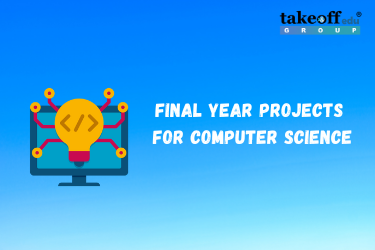
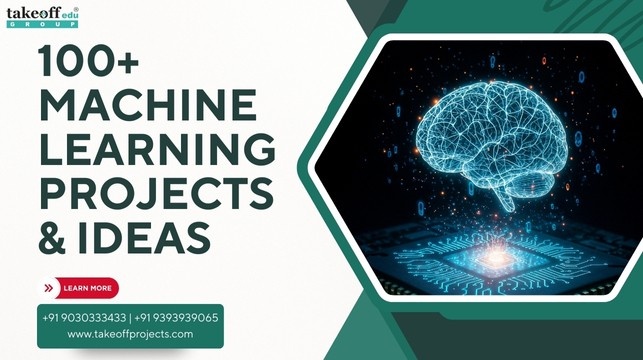 100+ Machine Learning Projects & Ideas for Students
100+ Machine Learning Projects & Ideas for Students 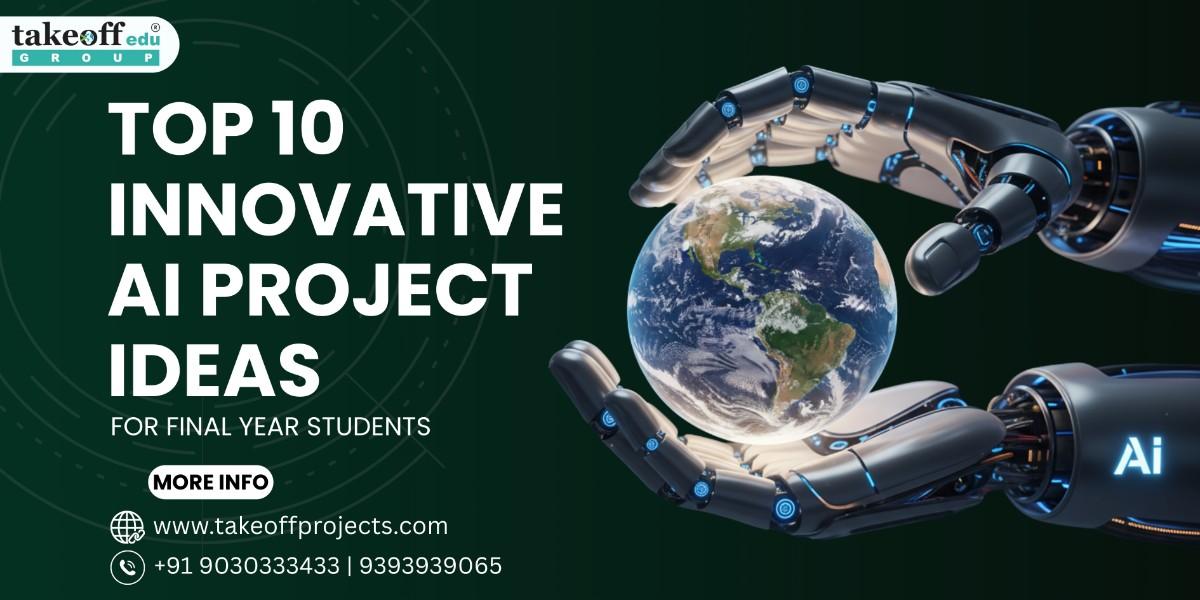 Top 10 Innovative AI Project Ideas for Final Year Students
Top 10 Innovative AI Project Ideas for Final Year Students 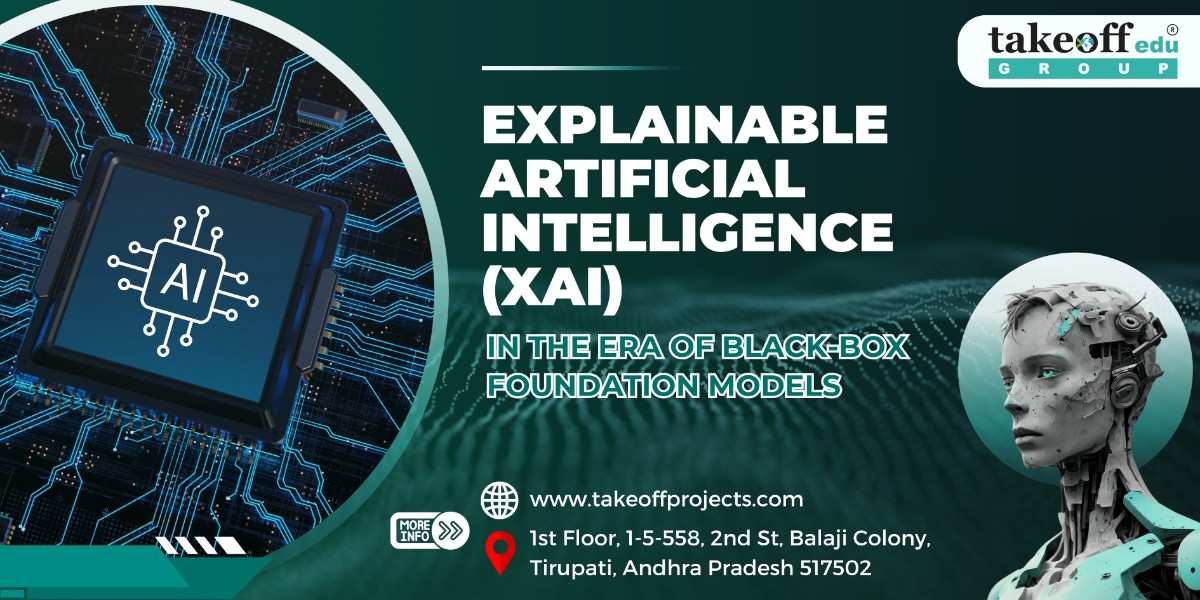 Explainable Artificial Intelligence (XAI) in the Era of Black Box Foundation Models
Explainable Artificial Intelligence (XAI) in the Era of Black Box Foundation Models 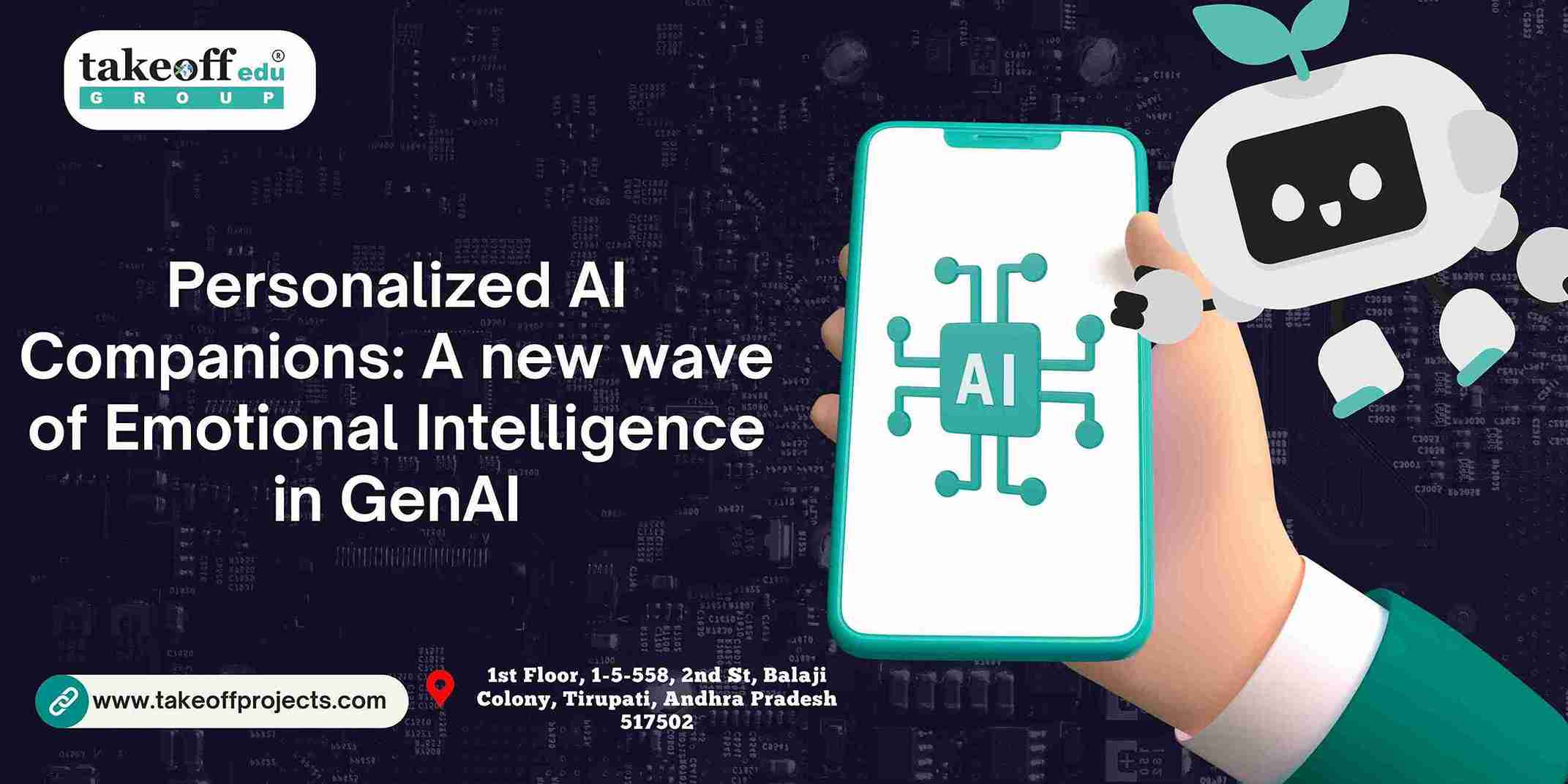 Personalized AI Companions: A new wave of Emotional Intelligence in GenAI
Personalized AI Companions: A new wave of Emotional Intelligence in GenAI 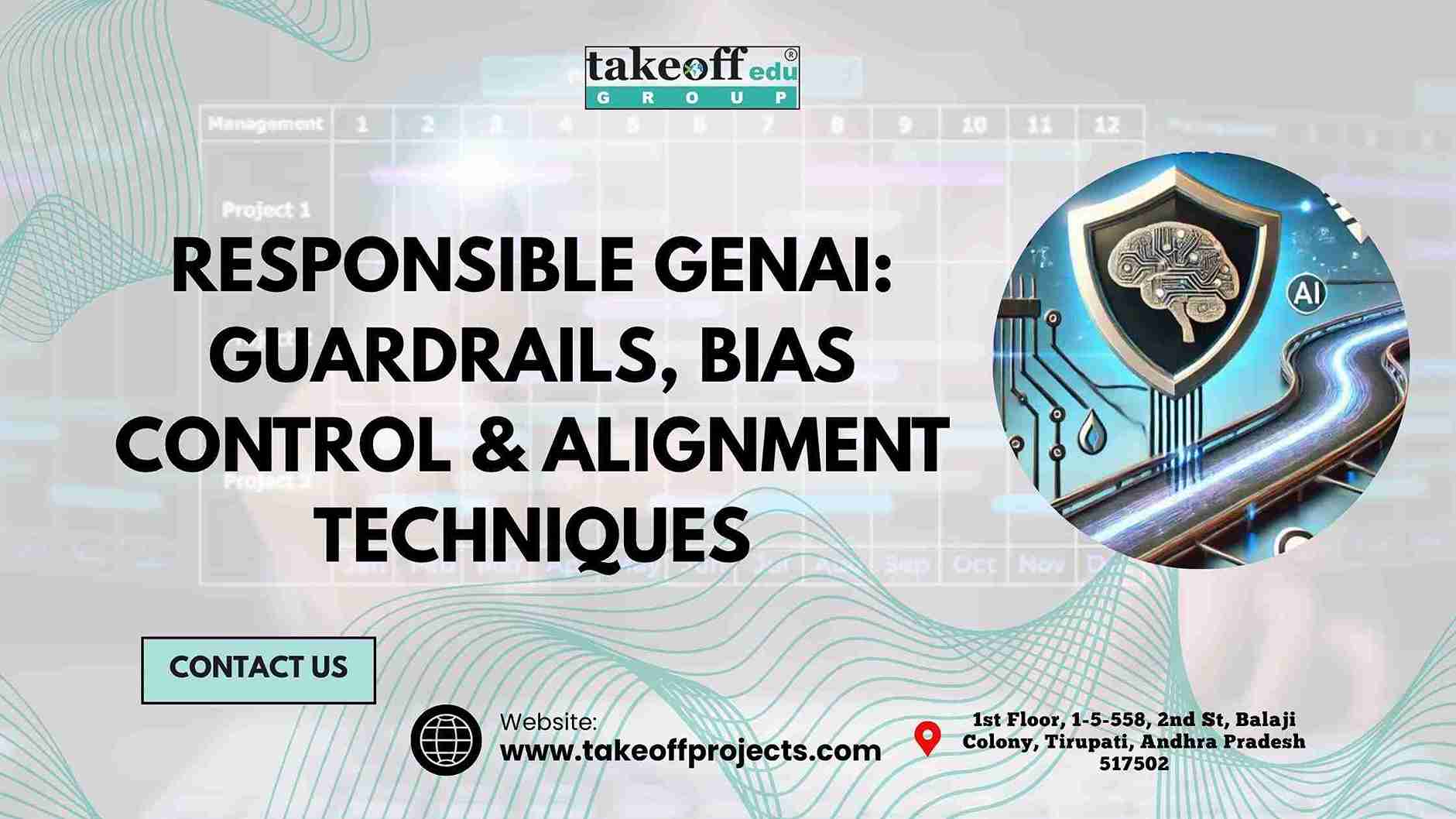 Responsible GenAI: Guardrails, Bias Control, and Alignment Techniques
Responsible GenAI: Guardrails, Bias Control, and Alignment Techniques 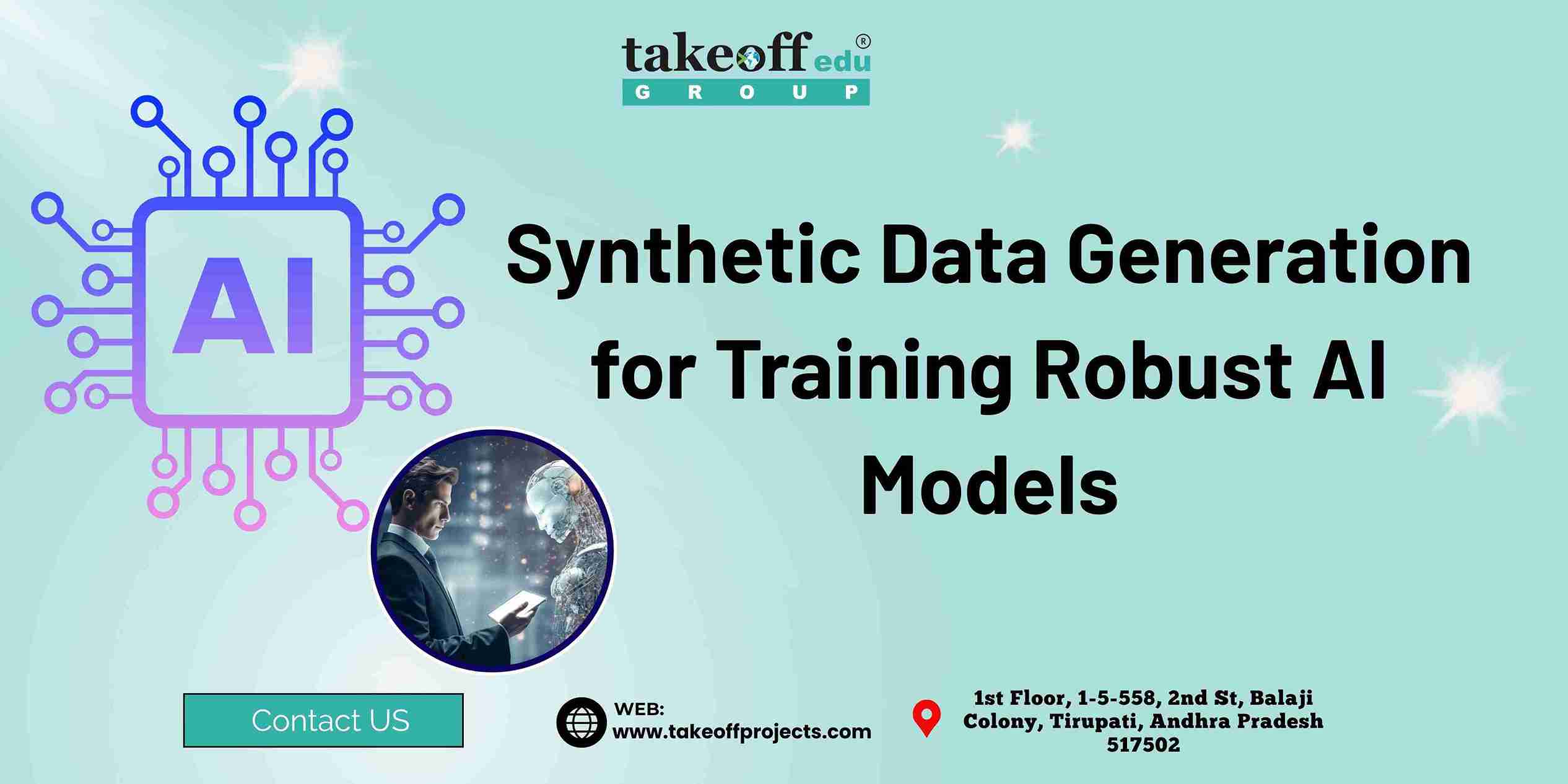 Synthetic Data Generation for Training Robust AI Models
Synthetic Data Generation for Training Robust AI Models 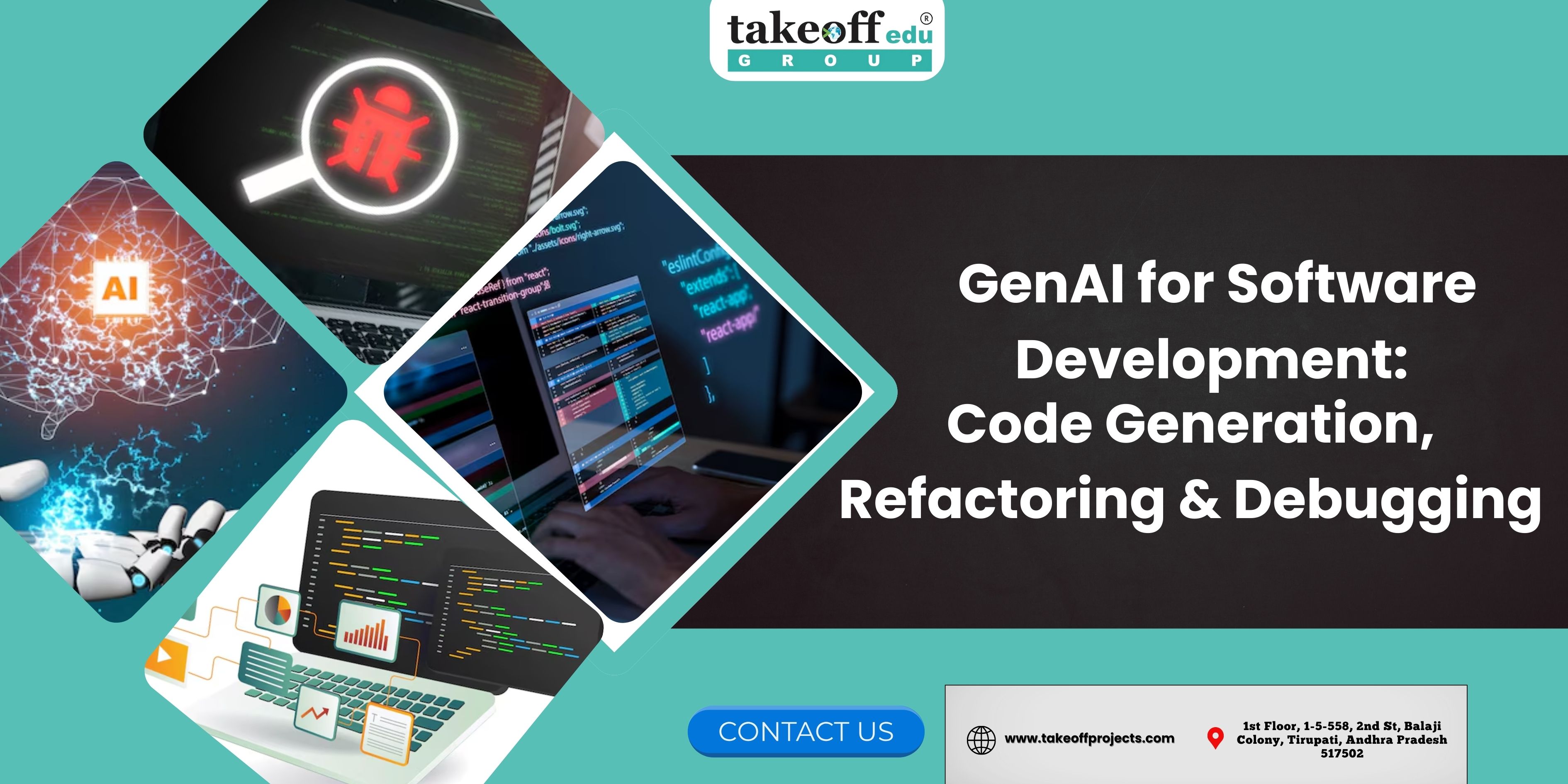 GenAI for Software Development: Code Generation, Refactoring & Debugging
GenAI for Software Development: Code Generation, Refactoring & Debugging 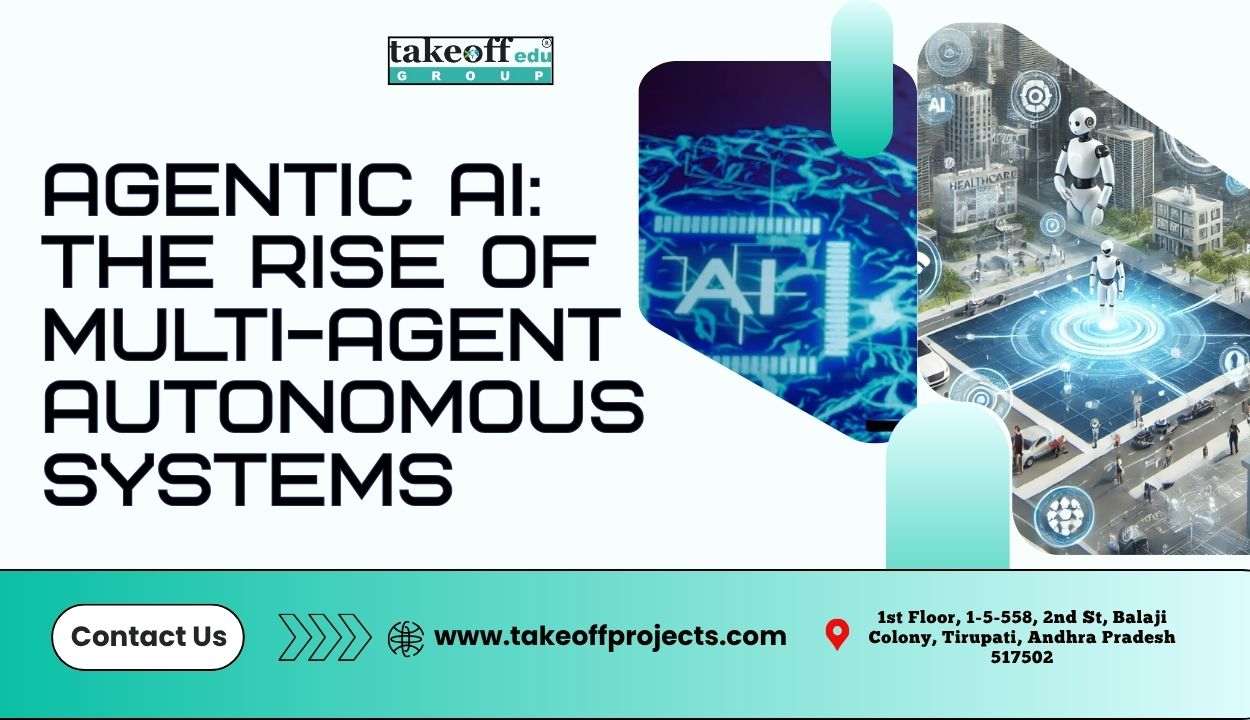 Agentic AI: The Rise of Multi-Agent Autonomous Systems
Agentic AI: The Rise of Multi-Agent Autonomous Systems 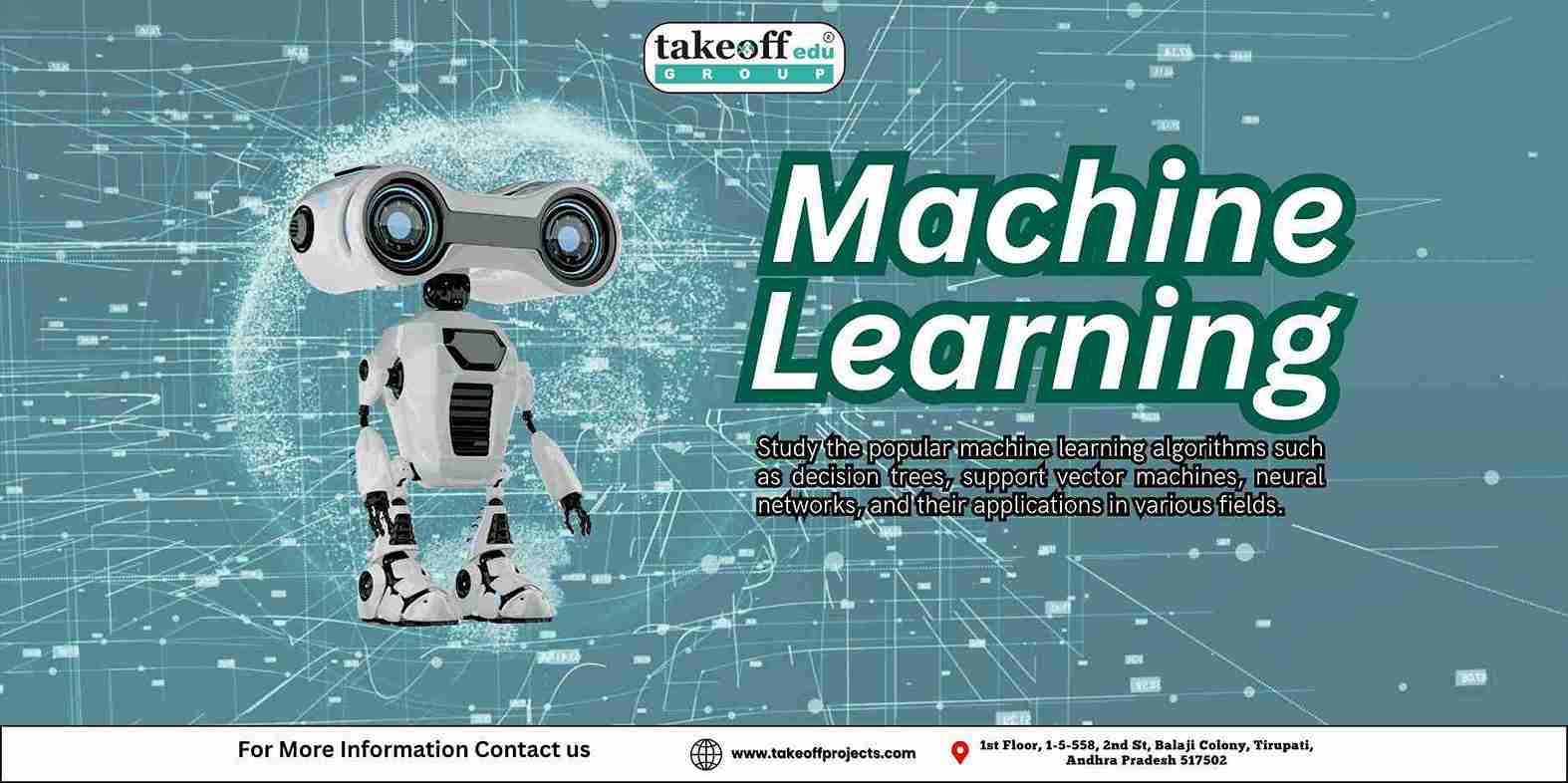 Machine Learning Projects
Machine Learning Projects  Fine-Tuning Llama 4 A Guide With Demo Project
Fine-Tuning Llama 4 A Guide With Demo Project 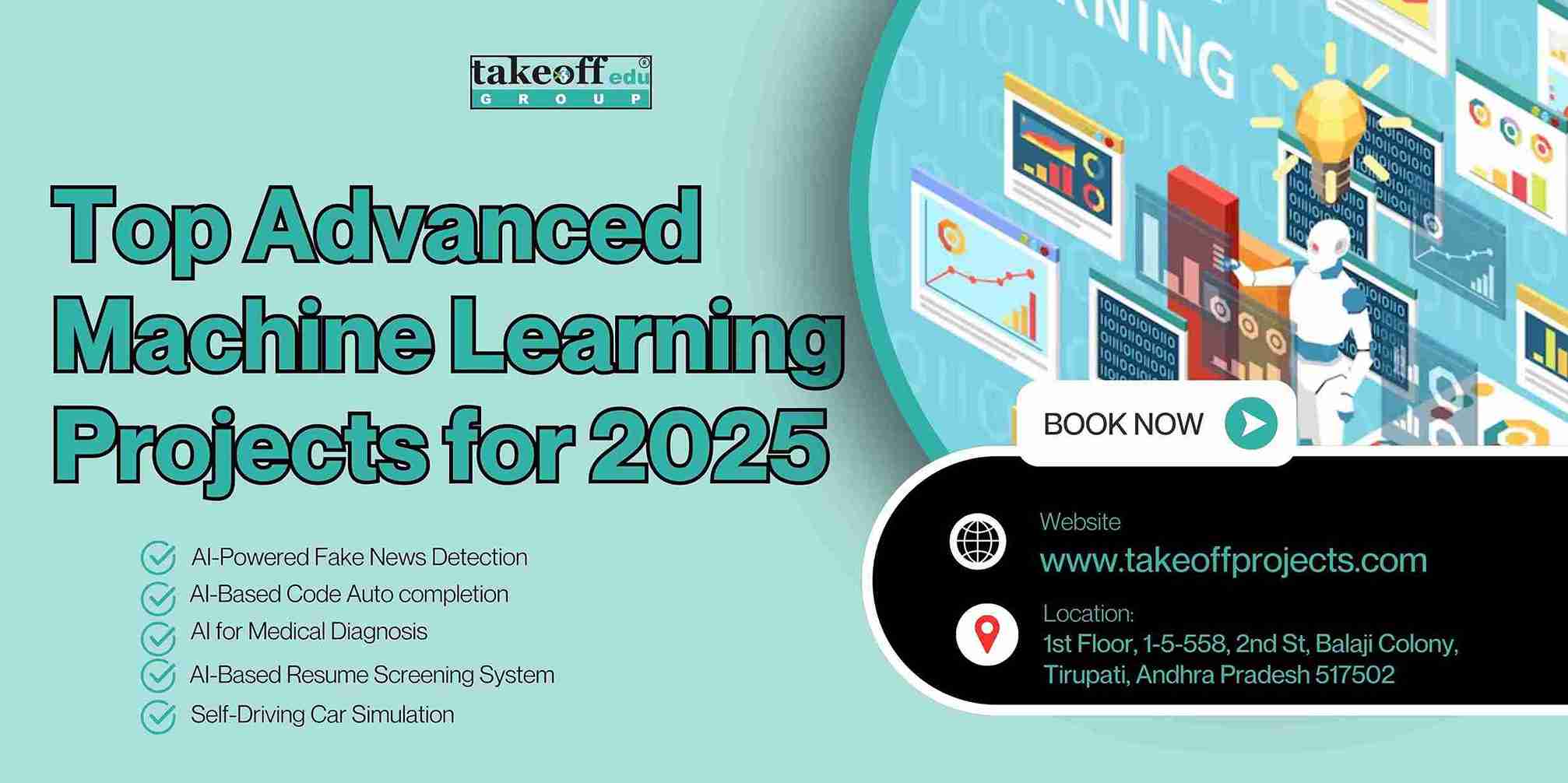 Top Advanced Machine Learning Projects for 2025
Top Advanced Machine Learning Projects for 2025 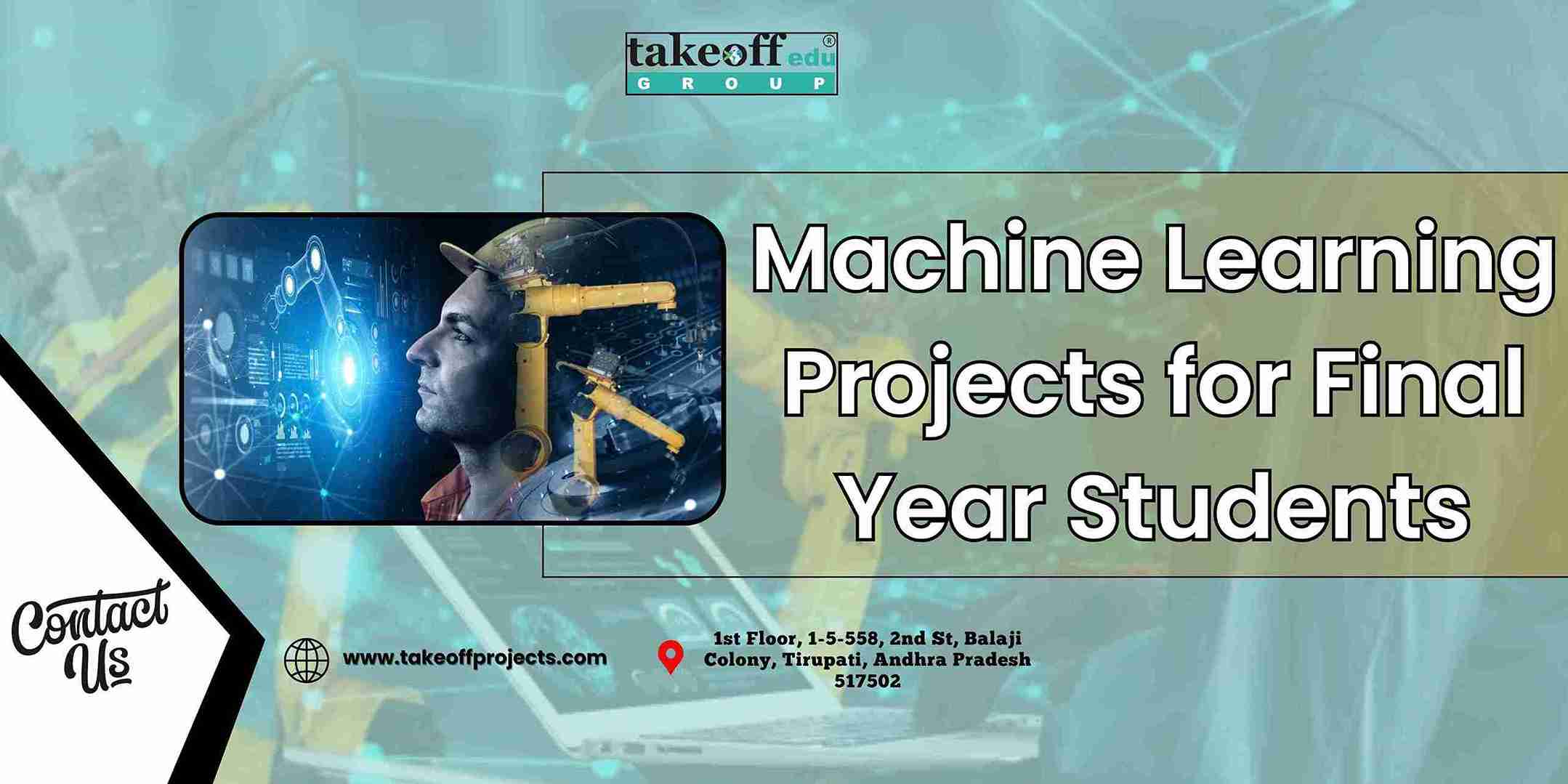 Machine Learning Projects for Final Year Students
Machine Learning Projects for Final Year Students 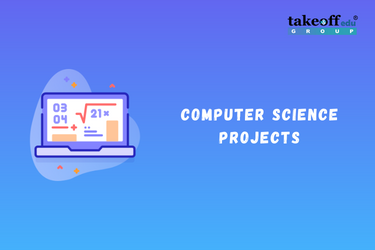 Computer Science Projects
Computer Science Projects 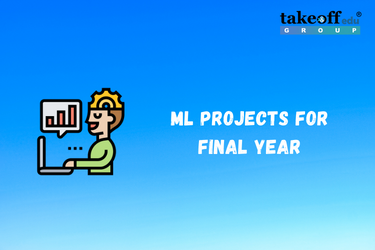 ML Projects for Final Year
ML Projects for Final Year  Project Ideas for BTech CSE
Project Ideas for BTech CSE  Mini Projects for Computer Science
Mini Projects for Computer Science  Major Project for CSE
Major Project for CSE 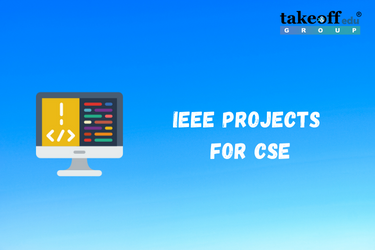 IEEE Projects for CSE
IEEE Projects for CSE 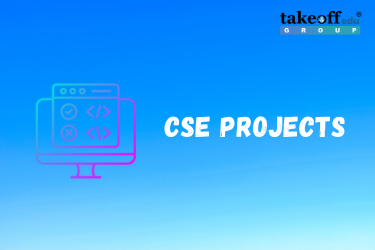 Latest CSE Projects Ideas & Topics for Engineering Students
Latest CSE Projects Ideas & Topics for Engineering Students 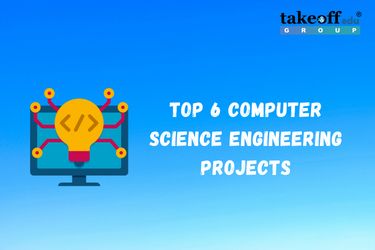 Top 6 Computer Science Engineering Projects
Top 6 Computer Science Engineering Projects 
 Paper Publishing
Paper Publishing


